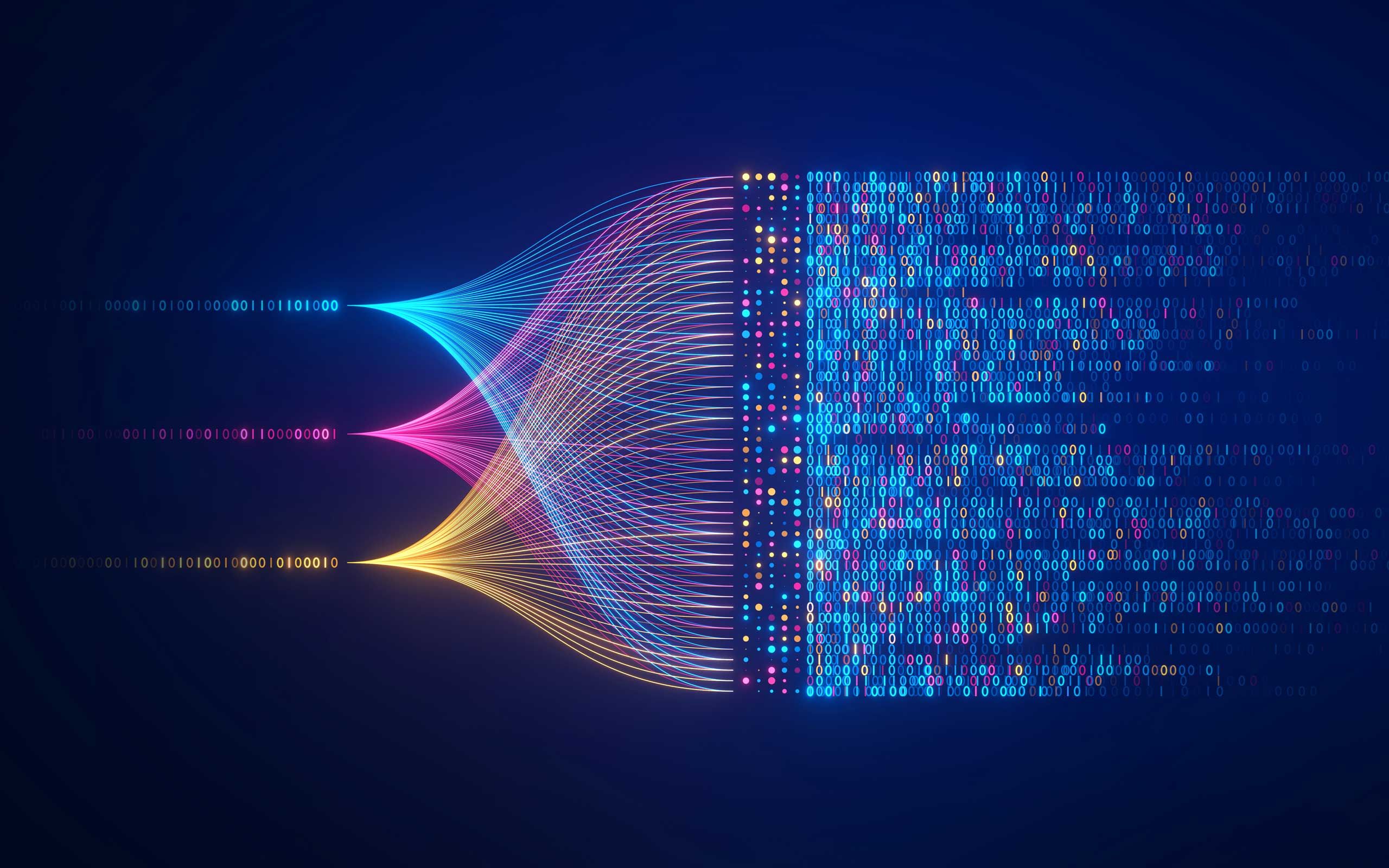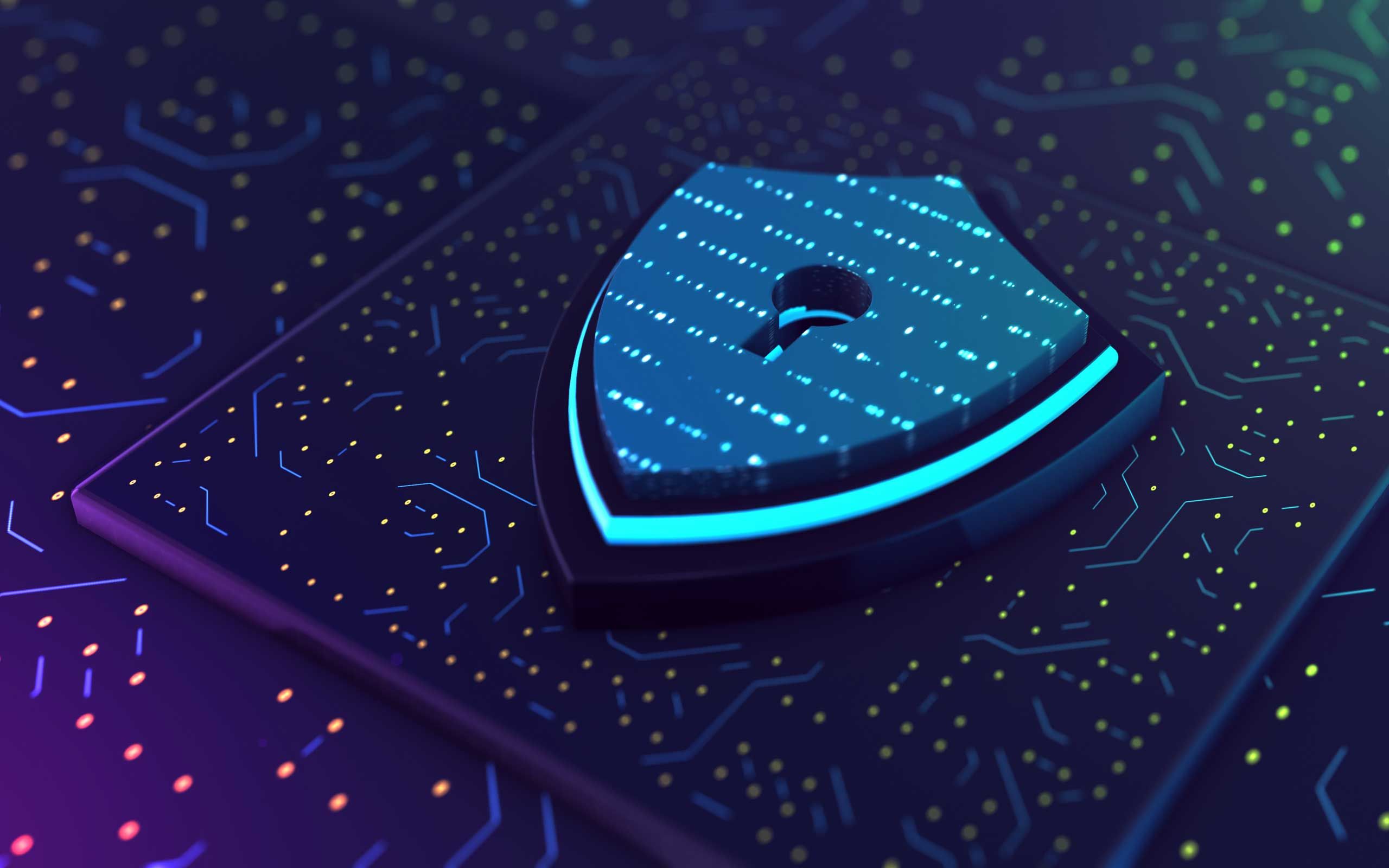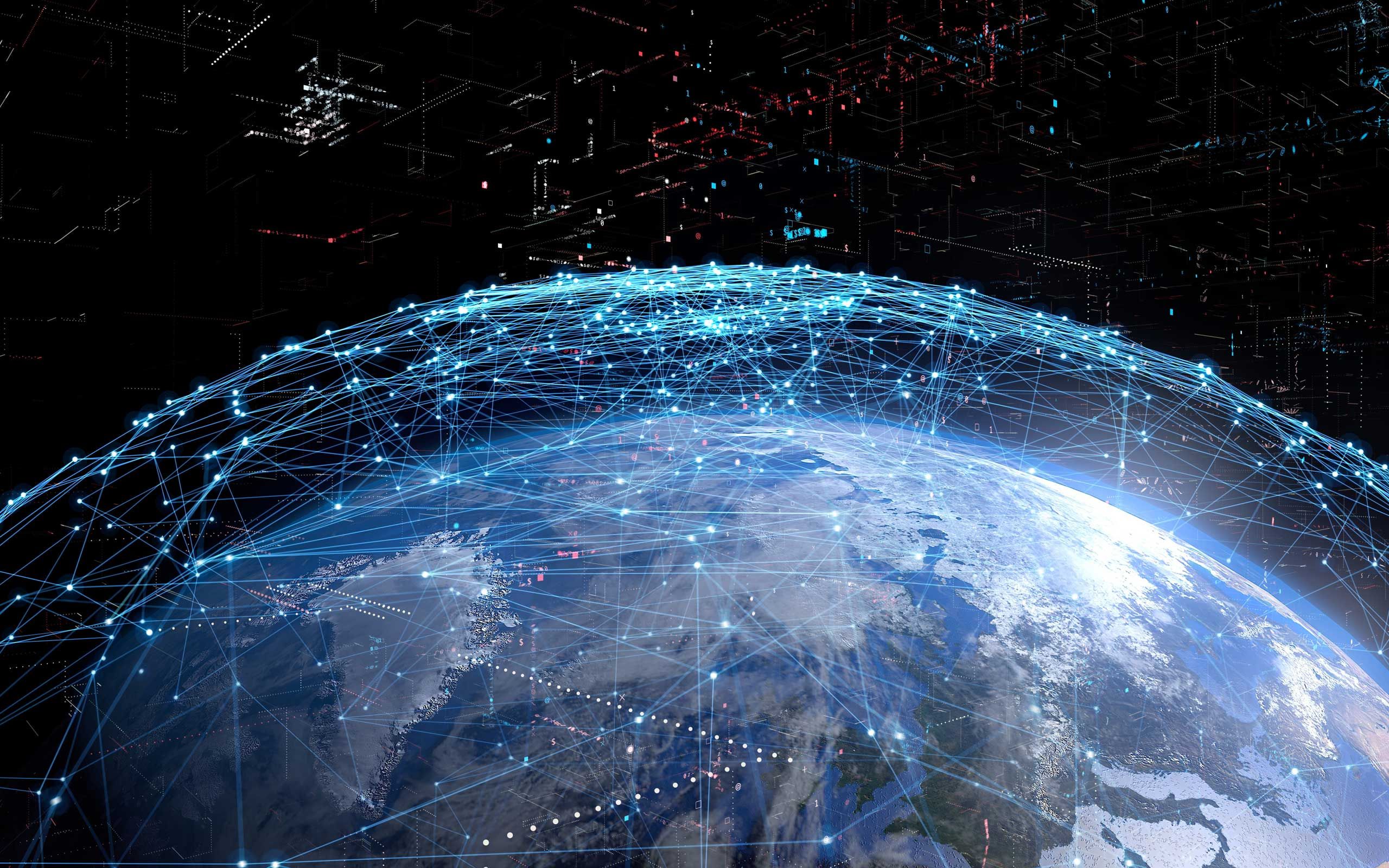ISO 27001 vs SOC 2
ISO 27001 and SOC 2 are both important frameworks for ensuring information security and demonstrating an organization's commitment to safeguarding sensitive data. However, they serve different purposes and have distinct advantages based on their scope and focus.
Here's a comparison of ISO 27001 and SOC 2, highlighting why ISO 27001 might be considered superior in certain contexts:
Scope and Focus
ISO 27001: ISO 27001 is an internationally recognized standard for information security management systems (ISMS). It provides a comprehensive framework for establishing, implementing, maintaining, and continually improving an organization's information security management practices. ISO 27001 covers a wide range of aspects beyond technology, including people, processes, and physical security.
SOC 2: SOC 2 is an auditing standard developed by the American Institute of CPAs (AICPA) that focuses on the controls related to security, availability, processing integrity, confidentiality, and privacy of data. It is often relevant to service organizations, particularly those that provide cloud services or other technology-based services.
Applicability
ISO 27001: ISO 27001 is applicable to a broad spectrum of industries and organizations, regardless of their size or sector. It is not limited to technology companies and can be implemented by any organization seeking to manage its information security risks effectively.
SOC 2: SOC 2 is primarily relevant for service organizations that provide services to other businesses. It is commonly used by cloud service providers, data centers, and other technology-focused organizations to assure customers of the security and privacy controls in place.
Focus on Risk Management
ISO 27001: ISO 27001 places a strong emphasis on risk management. Organizations are required to conduct a comprehensive risk assessment and implement controls based on the identified risks. This proactive approach helps organizations tailor their security measures to their specific risk profile.
SOC 2: While SOC 2 does assess controls, its primary focus is on reporting the effectiveness of controls relevant to security, availability, processing integrity, confidentiality, and privacy. The controls are generally predefined and may not be as closely tied to an organization's specific risk landscape.
Holistic Approach
ISO 27001: ISO 27001 takes a holistic approach to information security, considering the entire organization and its ecosystem. It addresses not only technical controls but also people and processes, ensuring a well-rounded and integrated security posture.
SOC 2: SOC 2 is more specific in its focus on controls related to data handling, processing, and availability. While it's crucial for service organizations, it may not cover all aspects of an organization's information security management system.
Global Recognition
ISO 27001: ISO standards, including ISO 27001, are globally recognized, and accepted. Achieving ISO 27001 certification demonstrates an organization's commitment to international best practices in information security.
SOC 2: SOC 2 is widely recognized in the United States and certain industries, particularly among technology companies. However, its recognition may vary internationally.
ISO 27001 vs SOC 2
While both ISO 27001 and SOC 2 have their own strengths and applications, ISO 27001's broader scope, focus on risk management, and holistic approach to information security management make it a superior choice for organizations seeking a comprehensive framework for safeguarding their information assets. SOC 2 is valuable for service organizations looking to assure clients of their security controls, but ISO 27001's international recognition and applicability across industries position it as a more versatile and comprehensive standard for information security management.
15 Reasons why ISO 27001 is often Considered Superior to SOC 2
- Comprehensive Information Security Management: ISO 27001 provides a holistic approach to information security management as it covers not only technical controls but also people, processes, and physical security, ensuring a well-rounded and integrated security strategy.
- Risk Management Focus: ISO 27001 places a strong emphasis on risk assessment and management as organizations tailor their security controls based on their specific risk landscape, resulting in more effective and targeted security measures.
- Applicability Across Industries: ISO 27001 is applicable to a wide range of industries and organizations of all sizes, not just service providers as it addresses the diverse information security needs of various sectors, making it versatile and adaptable.
- Global Recognition: ISO standards, including ISO 27001, are globally recognized and respected. Achieving ISO 27001 certification demonstrates an organization's adherence to international best practices in information security.
- Organizational Commitment to Security: ISO 27001 requires leadership involvement in setting and driving information security objectives as this commitment from the top enhances a culture of security throughout the organization.
- Continuous Improvement: ISO 27001's focus on continuous improvement ensures that an organization's information security management system evolves along with changing security threats and business needs.
- Business Continuity: ISO 27001 includes requirements for business continuity planning and disaster recovery, ensuring organizations are well-prepared to respond to disruptions.
- Flexibility: ISO 27001 is adaptable to organizations of varying complexities as it can be implemented incrementally, allowing organizations to prioritize and implement controls based on their unique circumstances.
- Stronger Emphasis on People and Processes: ISO 27001 recognizes that effective information security goes beyond technology as it emphasizes the role of employees, training, and proper processes in maintaining security.
- Client and Regulatory Compliance: While SOC 2 focuses on controls related to service providers, ISO 27001 covers a broader spectrum, helping organizations meet regulatory requirements and the security expectations of clients and stakeholders.
- Independence and Objectivity: ISO 27001 certification is achieved through audits conducted by independent certification bodies. This ensures objectivity and credibility in assessing an organization's security practices.
- Alignment with International Standards: ISO 27001 aligns well with other ISO standards, such as ISO 9001 (Quality Management) and ISO 14001 (Environmental Management). This alignment facilitates integration of management systems for a holistic approach to organization management.
- Strategic Alignment: ISO 27001 requires organizations to align their security strategy with their business objectives. This helps ensure that security efforts are in harmony with the organization's overall mission.
- Long-Term Value: ISO 27001's focus on risk management and continuous improvement leads to long-term value creation. Organizations that implement ISO 27001 not only enhance security but also strengthen their overall business operations.
While both ISO 27001 and SOC 2 have their merits, ISO 27001's comprehensive approach, risk management focus, global recognition, and adaptability make it a superior choice for organizations seeking a robust and well-rounded information security management system.
WORLD CLASS ISMS SECURITY DOCUMENTS
More Posts
Talk to MorganHill today and Get the Answers You Need
Scope: We'll help you define important scoping parameters.
Documentation: We'll help you develop all required policies and procedures.
Guidance: We'll guide you through the ISO/IEC process from start to finish.
One Price: Our fees for all services are fixed.
Wherever you are in North America, Europe, Africa, or Asia, MorganHill is ready to assist.
Expertise: Since 2006, we have been an industry leader for ISO/IEC.
Knowledge: We've worked with every ISO/IEC standard currently in print.
Industry: We've worked in every major industry/sector.

Health Technology Case Study
Four months after completing all necessary pre-certification work, the organization obtained ISO/IEC 27001 certification from an accredited ISO ANAB body that we recommend to them.

Cybersecurity Case Study
Obtained ISO 27001 certification from an accredited ISO ANAB body that I recommend to them.

Manufacturing Case Study
Four months after completing all necessary pre-certification work, the organization obtained ISO 27001 certification from an accredited ISO ANAB body that we recommend to them.

Healthcare Case Study
Three months after completing all necessary pre-certification work, the organization obtained ISO/IEC 27001 certification from an accredited ISO ANAB body that we recommend to them.





